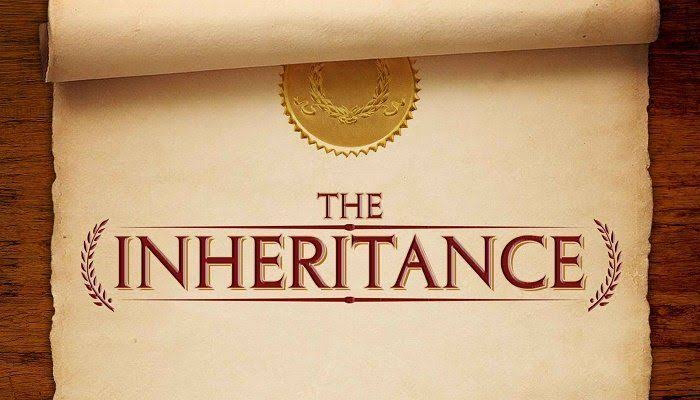GUARDIANSHIP
Guardianship
https://bulletprofitsmartlink.com/smart-link/76104/4
A child, an insane or a disable person requires a constant care of someone mature in regards to their personal well-being and their property . This is what the concept of guardianship provides. Guardian is someone who is responsible for care and protection of someone who is not competent to take care of his own self or his property. Guardianship and Wards Act, 1890 and Hindu Minority and Guardianship Act, 1956 governs guardianship in India. Muslims and Christians are governed by their personal laws.
It is in fact a legal and practical relation between parents or guardian and child. The guardian takes all the important decisions which are essential for well-being of the protected person . Following are the broad types of guardian under Hindu law.
Natural guardian: Generally, father, mother and husband can be natural guardian. It actually depends on legitimacy of child. In case of legitimate child, father is the natural guardian of a minor child. The guardianship of minor can be given to anyone other than the father if child’s welfare requires so. On the other hand, mother is the natural guardian of an illegitimate child. The general rule of law suggests that the Mother is entitled to get guardianship of child below 5 year of age.
Testamentary guardian: This includes guardian appointed by way of will of actual guardian. Here also, legitimacy of the child plays a considerable role. Only father is entitled to appoint someone as guardian of his minor legitimate child by way of a will. But in case of illegitimate child, mother has the power to appoint testamentary guardian as per section 9(4) of Hindu Minority and Guardianship Act, 1956. If mother does not appoint, father's appointee will become the guardian . Such appointee may accept by express or implied consent or may disclaim it. But once he accepts he can’t step back unless the court permits.
Guardian appointed by the court: District court has the jurisdiction to appoint guardian of minor in its local limits. Such certified guardian works under the supervision of court. Various factors such as age, sex, wish of the parents and the personal law and welfare of the child plays a considerable role in appointment of a guardian. High court also has inherent power to appoint guardian.
De facto guardian: he is a guardian by his deeds or ‘from what he has done’. In simpler words, a de facto guardian is a person who is not a legal guardian, who has no authority in law to act as such but nonetheless he himself has assumed, the management of the property of the child as though he were a guardian .
.




Comments
Post a Comment